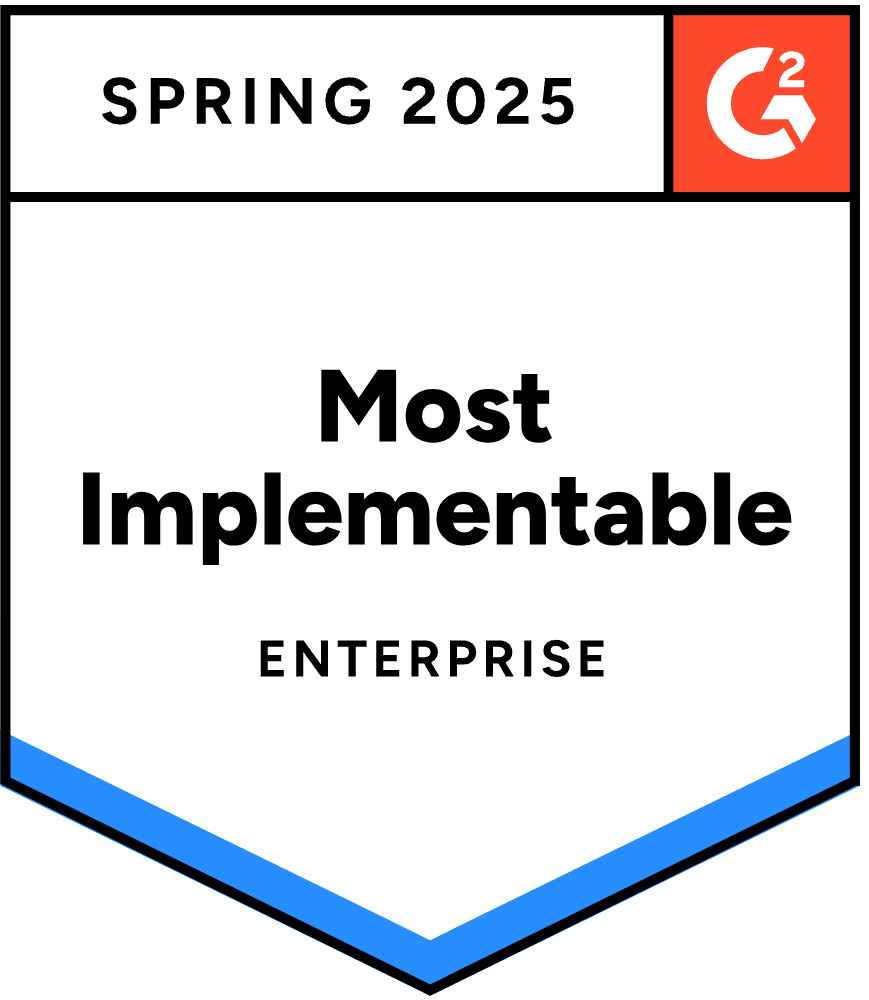You might also like
Use these strategies to create and maintain an effective enablement program
There are many approaches to launching an enablement training program, but these steps have been effective for several companies across various industries.
Empower your sales team and maximize your revenue
Having practical, actionable strategies can help you improve sales quickly–and if implemented right away, you may see the difference this year.
How to find the right team members and resources to create a successful enablement program
Organizations with a dedicated sales enablement function have significantly better win rates, quota attainment, and customer retention. Learn how to build a successful enablement team.
Decrease Ramp Time and Increase Revenue
Get in touch to learn how WorkRamp can help you achieve your learning and development goals.
Request a Demo




